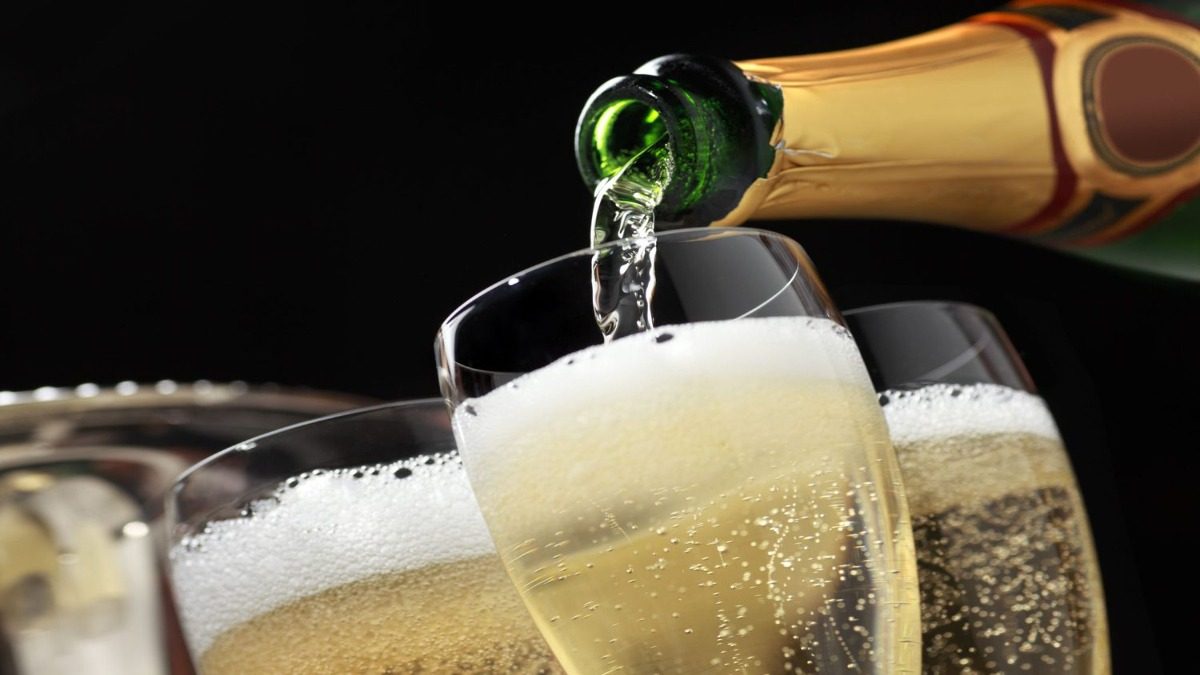Champagne, the sparkling wine synonymous with celebrations and luxury, often sparks questions about its alcohol content. With its effervescent bubbles and sophisticated allure, many wonder: Is Champagne alcoholic or not? In this article, we’ll delve into the truth behind this popular beverage, dispelling common myths and providing clarity on its alcohol content.
Understanding Champagne: First and foremost, it’s essential to understand what Champagne is. Champagne is a type of sparkling wine that originates from the Champagne region of France. Made primarily from Chardonnay, Pinot Noir, and Pinot Meunier grapes, Champagne undergoes a unique fermentation process that results in its signature bubbles and distinct flavor profile.
Alcohol Content: Like all wines, Champagne contains alcohol. The alcohol content of Champagne typically falls within a range of 11% to 13% by volume. This alcohol content is similar to that of most still wines, which generally range from 9% to 16% alcohol by volume, depending on factors such as grape variety, fermentation process, and winemaking techniques.
Myths About Champagne and Alcohol: Despite its reputation as a celebratory beverage, Champagne is not exempt from misconceptions regarding its alcohol content. Some common myths include:
- Champagne is Non-Alcoholic: This myth likely stems from the perception that Champagne is light and effervescent, leading some to believe it contains little to no alcohol. However, Champagne does indeed contain alcohol, albeit in varying concentrations depending on factors such as grape ripeness and winemaking practices.
- Champagne Makes You Less Drunk: Another misconception is that the bubbles in Champagne cause alcohol to enter the bloodstream more slowly, resulting in a reduced level of intoxication compared to still wines. While the effervescence may affect the rate at which alcohol is absorbed, Champagne can still lead to intoxication if consumed in excess.
- Champagne Hangovers Are Less Severe: Some believe that Champagne causes less severe hangovers compared to other alcoholic beverages. However, the severity of a hangover is influenced by various factors, including individual tolerance, hydration levels, and overall alcohol consumption, rather than the type of beverage consumed.
Responsible Consumption: Regardless of its alcohol content, Champagne should be consumed responsibly, especially when celebrating special occasions or socializing with friends and family. Moderation is key to enjoying Champagne without experiencing negative consequences such as intoxication or hangovers.
Final Thoughts: In conclusion, Champagne is indeed alcoholic, containing a similar alcohol content to most still wines. While it may be perceived as light and bubbly, Champagne should be enjoyed responsibly, like any other alcoholic beverage. By dispelling myths and understanding the truth about Champagne’s alcohol content, enthusiasts can appreciate this iconic wine while prioritizing their health and well-being. Cheers to enjoying Champagne responsibly and savoring life’s special moments in good spirits!

